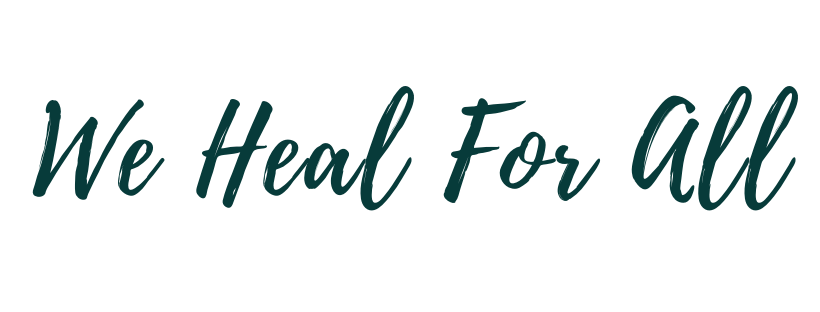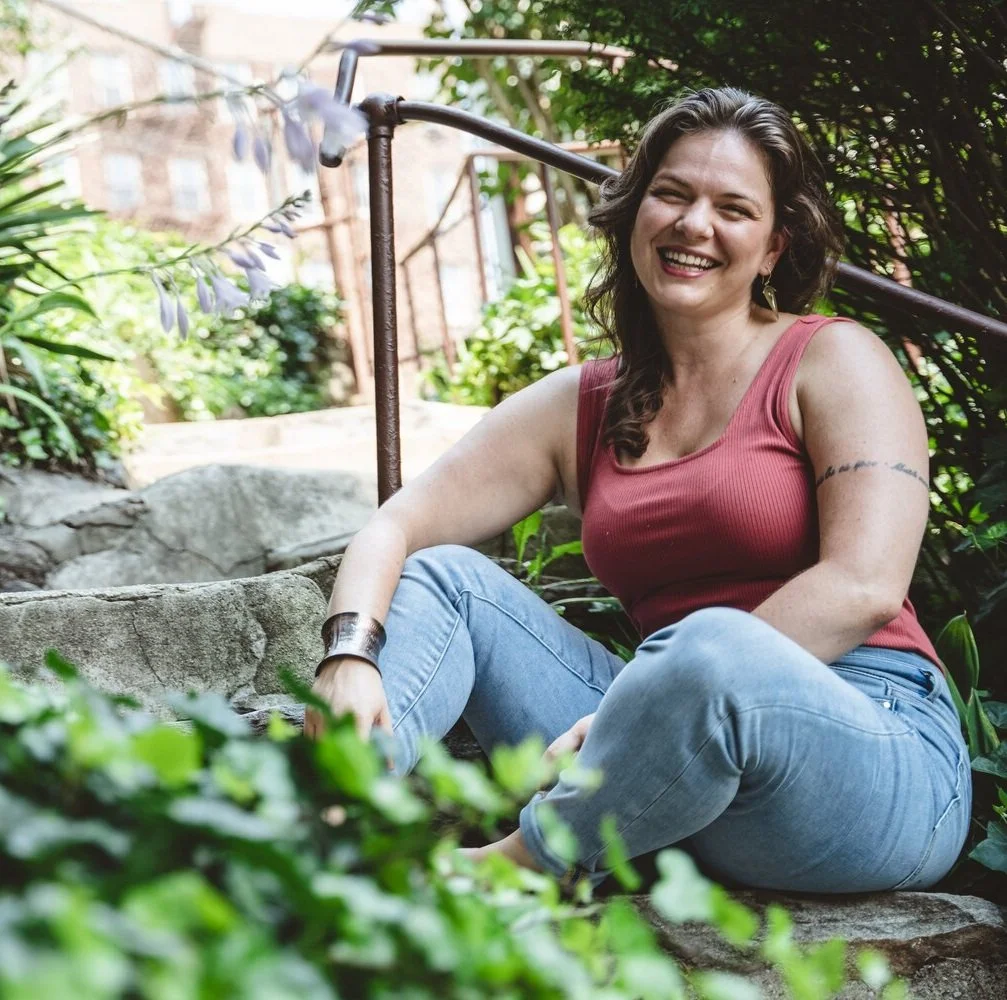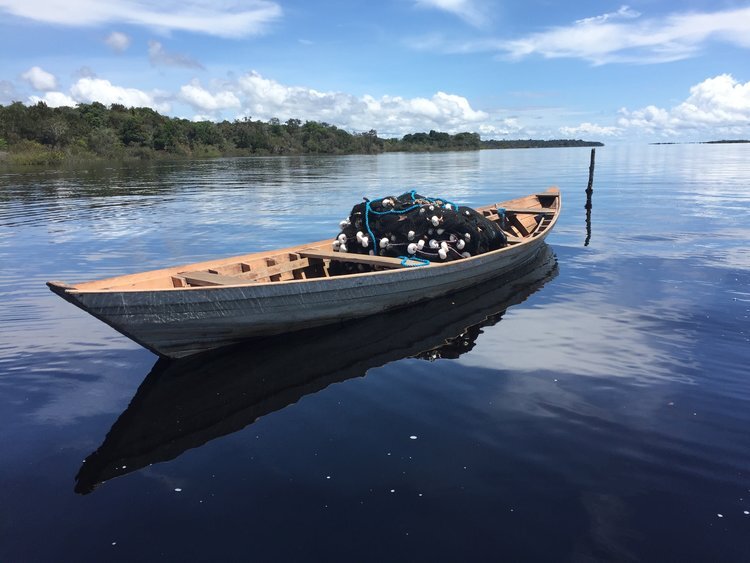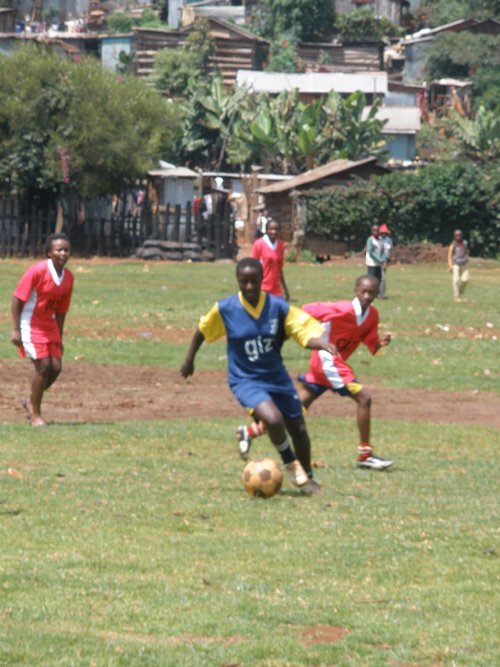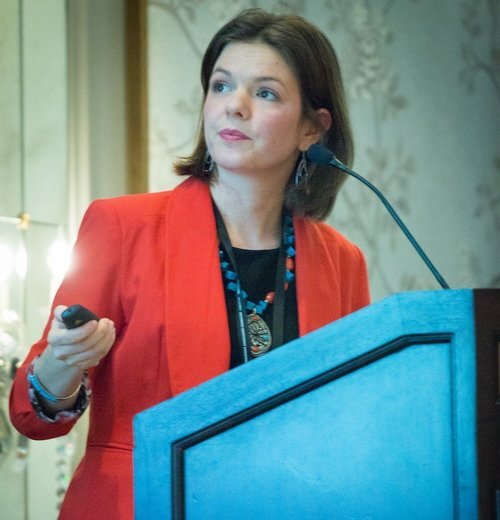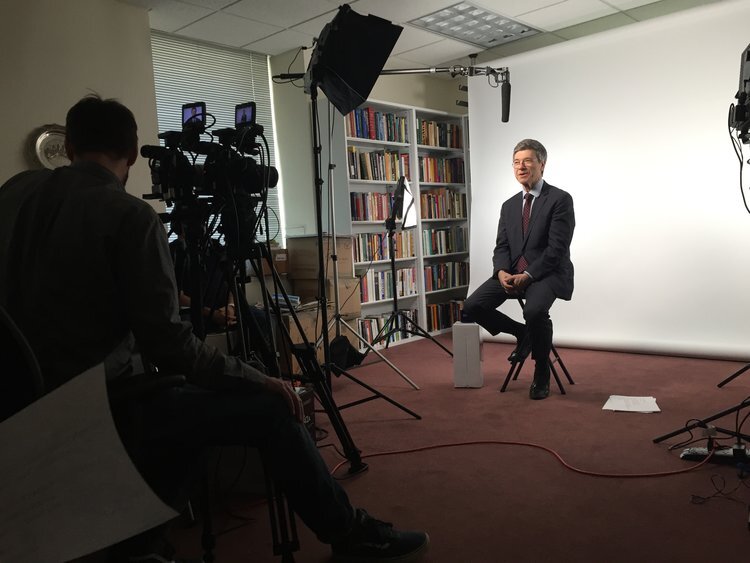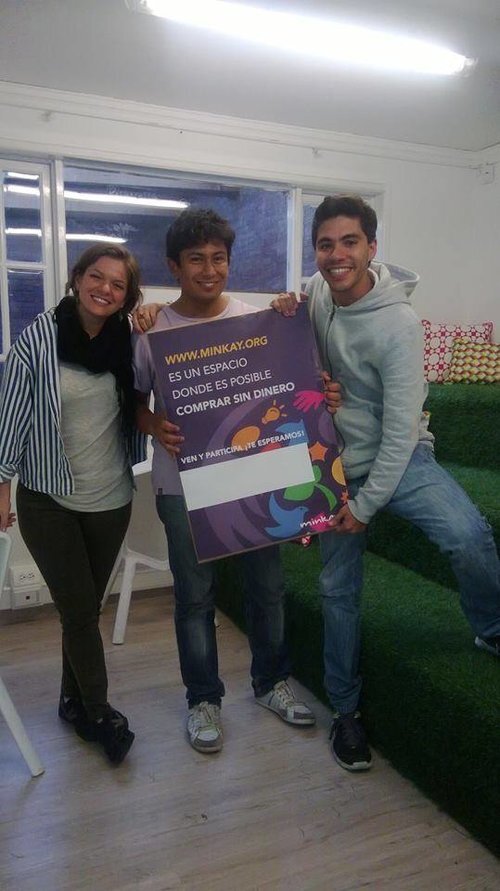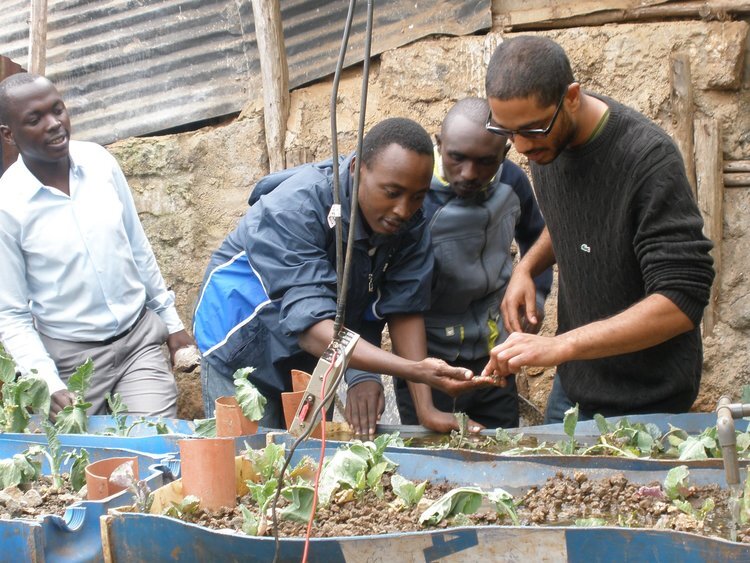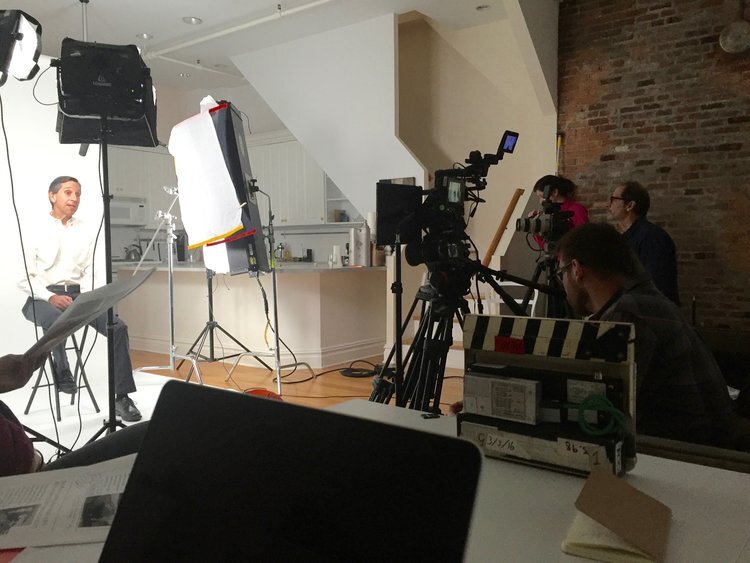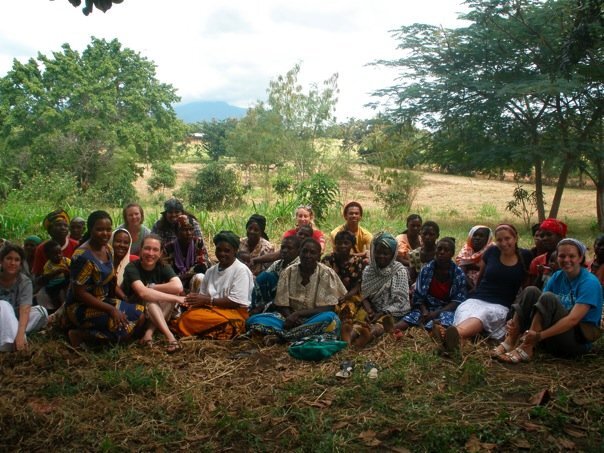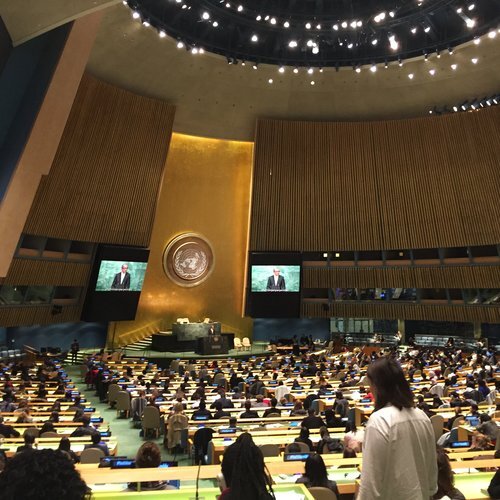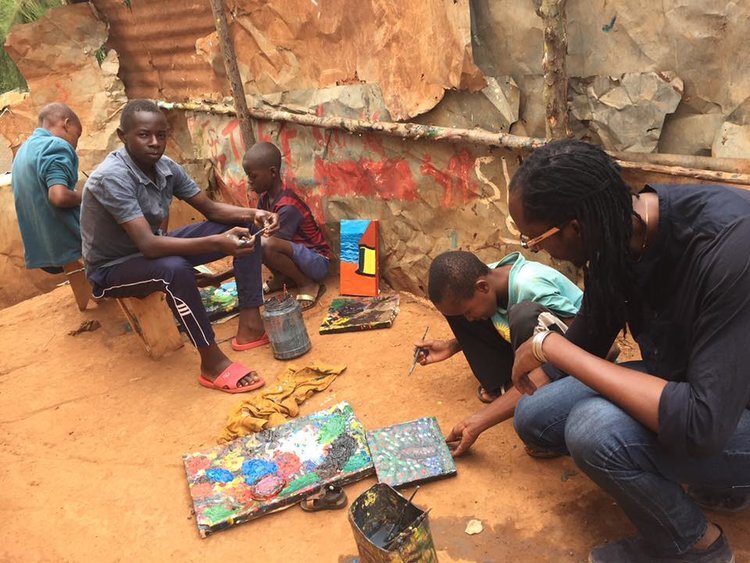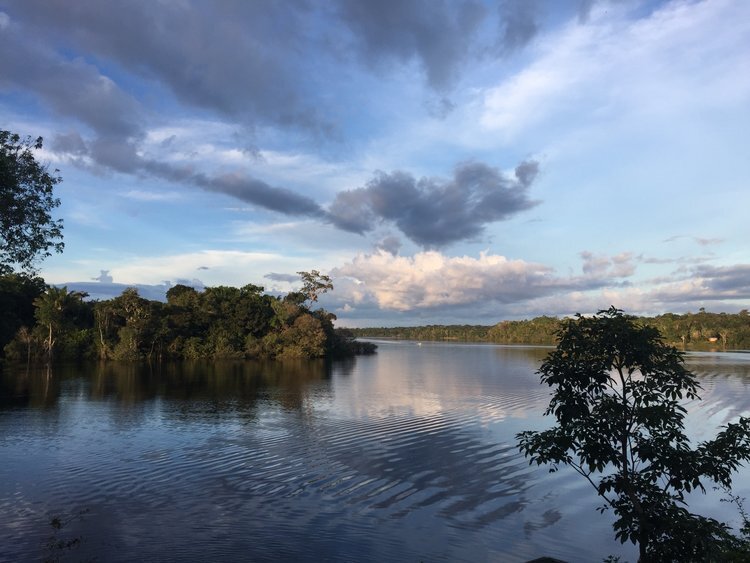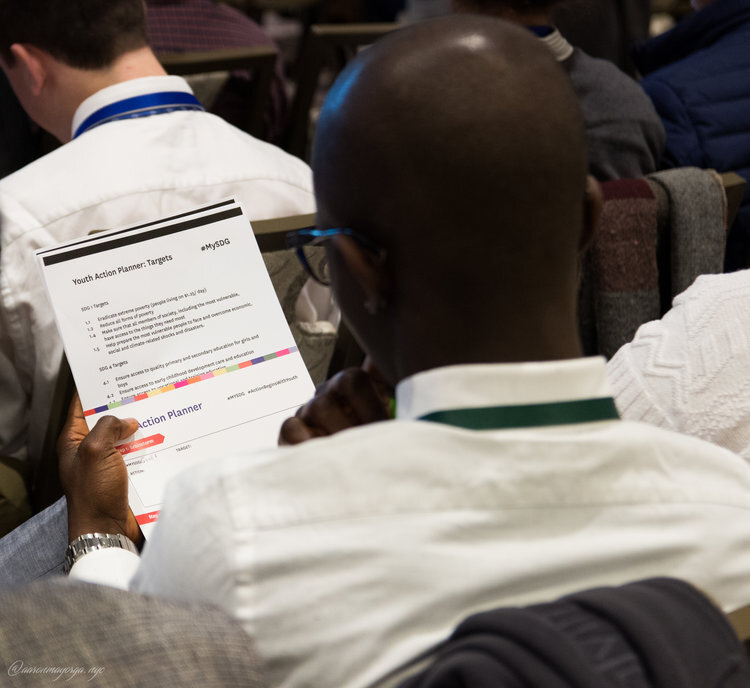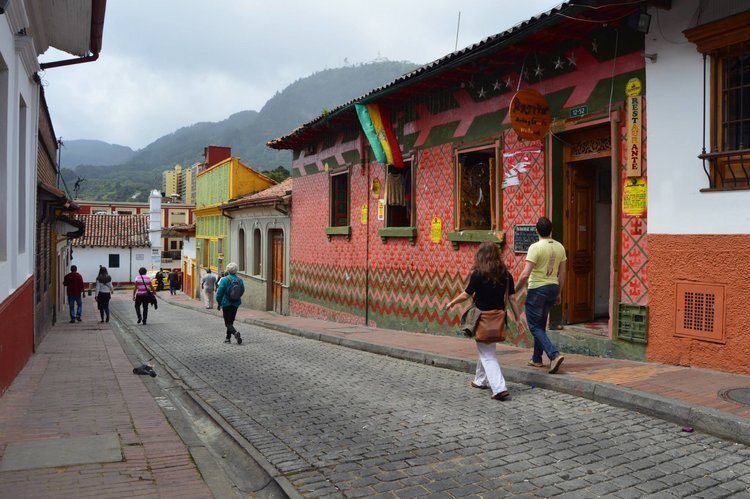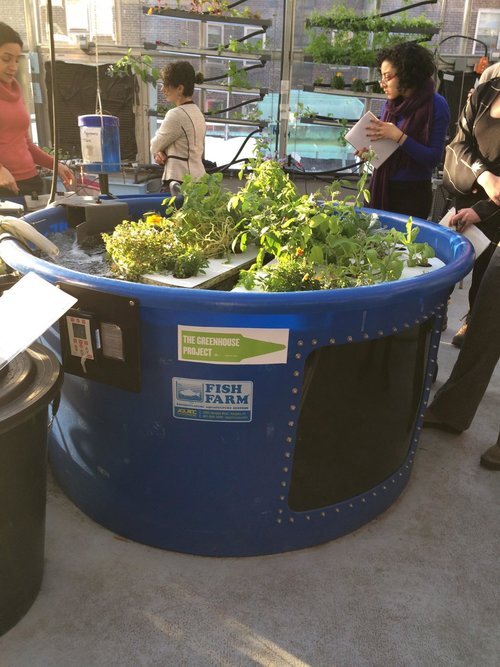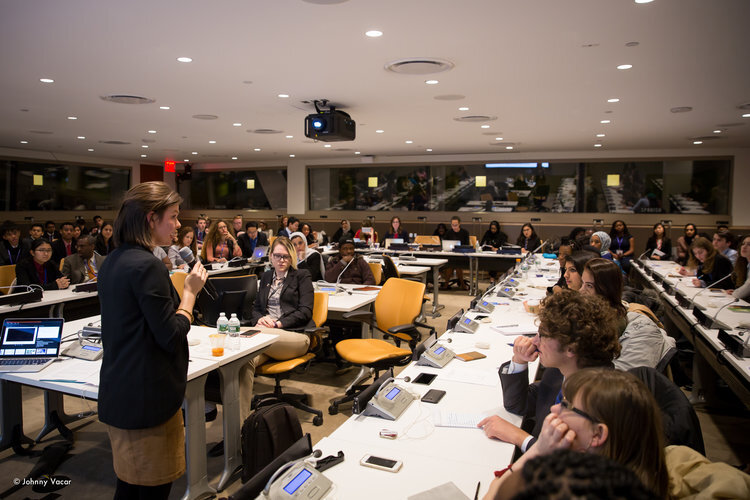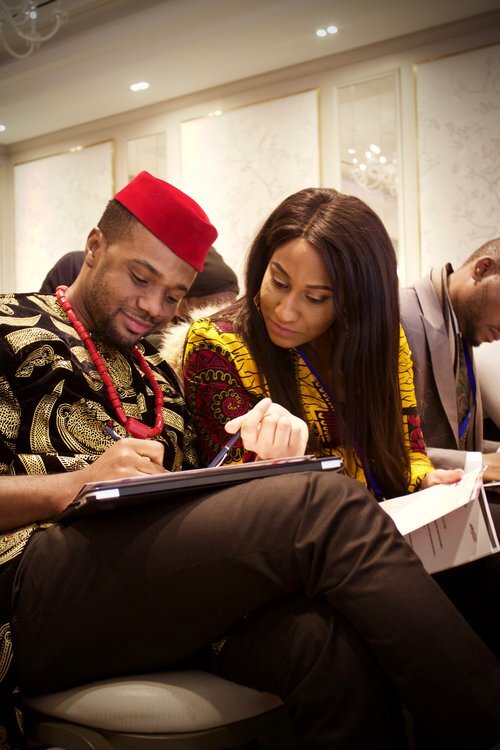It’s lovely to meet you
Liz Moyer Benferhat
facilitator | development practitioner | writer | coach
My path is healing, at the personal and collective levels
The story of my path
I remember the first time I learned about extreme poverty…
I was sitting in the quad at my Jesuit university, and felt this wave of emotional energy wash over me.
“Woah,” I thought. The nerdy psych major within me went on, “If I can sublimate this energy, I think I could be on to something…”
It was in that moment that I pivoted my path to sociology, and began to go into the “belly of the beast” - I endearingly say - to learn how our global system works and how best to be of service to transforming it. That emotional spark was my impetus. And the spiritual knowing that that energy could be harnessed and channeled in powerful ways has been my muse.
Fast forward 13 years later, I’ve spent my adult life working in the international development and social impact fields. With a focus on “practice” and how to create tangible systems change, I’ve been blessed to learn and be part of projects ranging from grassroots initiatives with homeless youth in Kenya, to applied research projects on Time Banks in Colombia, to international policy on the UN’s Sustainable Development Goals.
It was during all of this work that I began to see a gap in the field and to feel a disconnect between my calling and place in it. I saw colleagues burn out, toxic work environments persist, over-intellectualized responses to tragedy, the “walk” not matching the “talk,” and unconscious old power paradigm at play. Ultimately I felt like something was missing within this work, and set out to do something about it.
As a naturally sensitive, spiritual and feelings-oriented person, I know the value of internal work, and how inextricably connected it is to how we show up in the world. How investing in emotional capacity building and our internal landscapes can help us sustain the challenging work of social justice and systems change, and usher in new approaches to doing it.
I’m also someone who’s path has positioned me to need to heal. So I intimately know how intergenerational trauma and stuck patterns can hold a person back from thriving. And, on the other side of that coin, how processing, integrating and healing inherited baggage and trauma can liberate and propel someone into new phases of life with new tools and capacities.
This is what I see as possible for us as a collective. To heal the collective wounds we’ve inherited and hold, and that feed the stuck patterns we find ourselves in as a world; and use the turbulent times we’re in the midst of to propel us into the next phase of our evolution.
That’s why I launched We Heal For All in 2018. Influenced by cutting-edge modalities like AEDP, Polyvagal Theory, Somatic Experiencing and more, I’ve been weaving all of these threads together to develop healing-oriented tools for change makers so we can thrive in our day-to-day work, as well as be conduits for deeper culture and consciousness change that is needed to reconcile societal harm, shift stuck institutions and design regenerative systems.
Ultimately I believe in the collective evolution of our world, and that our darkest hours are the most fertile ground for innovation. I’m grateful to use my mind, creativity, and relative position of privilege to advance our global system in a direction of sustainability and equality that takes the complex challenges of our times and actualizes their emerging potential.
With love for our collective healing,
Liz Moyer Benferhat
Columbia University’s School of International and Public Affairs (SIPA)
Master’s of Public Administration in Development Practice (2015)
Saint Joseph’s University
Bachelor’s of Science in Sociology (2011)
